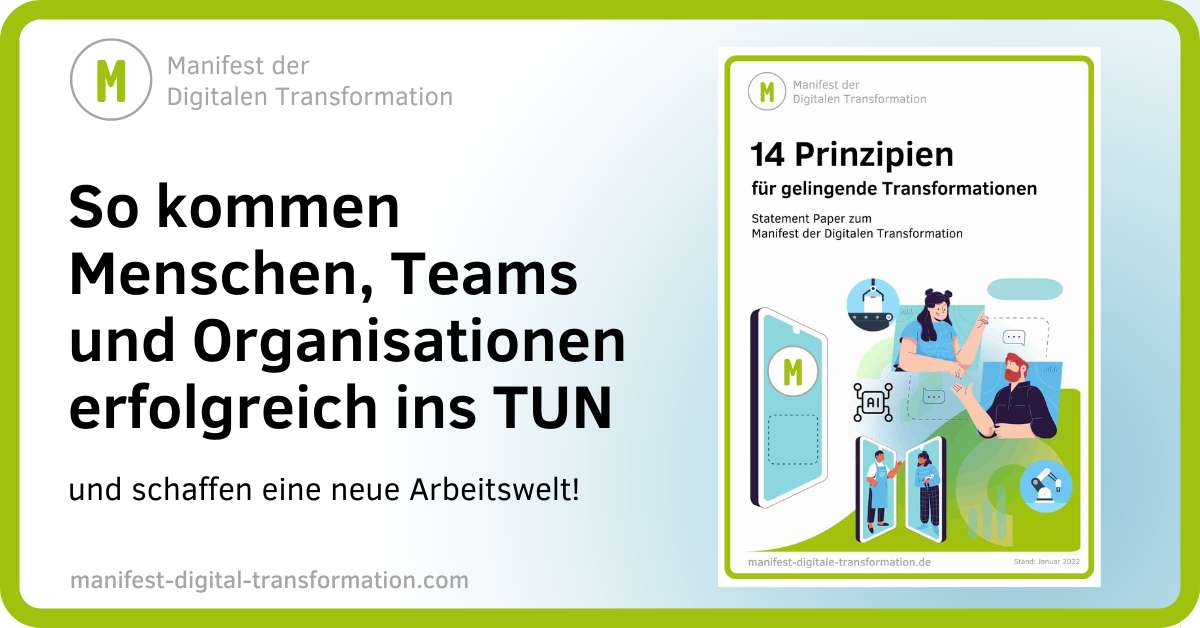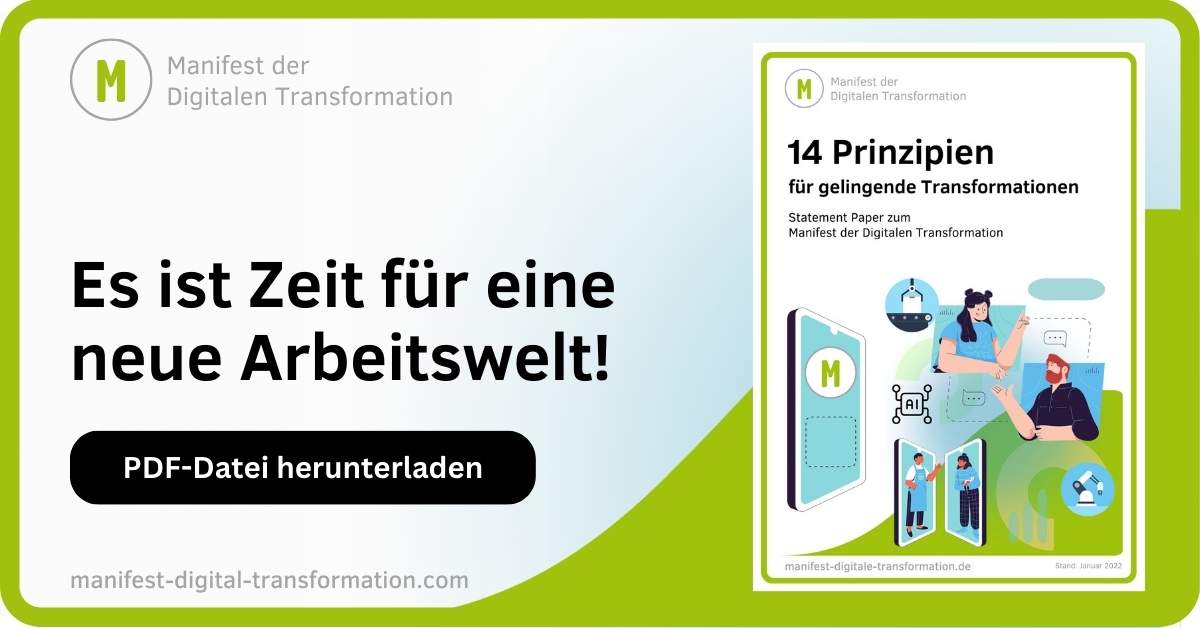According to a report recently released by the UN’s Intergovernmental Panel on Climate Change (IPCC), the actions we take over the next decade will determine whether or not our planet is livable for generations to come.
The gargantuan challenge of drastically reducing greenhouse gas emissions demands a whole-of-economy shift — across industries, roles, and geographical regions. With every challenge comes opportunity: If we take the right approach, we can leverage our efforts on behalf of the environment to catalyze growth throughout the global economy. At LinkedIn, we believe the most promising path forward is through a skills-based approach to greening the global workforce. By breaking down roles into the specific capabilities required to do them, we can develop talent strategies that recognize individuals for the capabilities they possess. And by thinking of climate-related jobs as collections of skills, specifically “green skills,” we can expand the talent pool available to solve the climate crisis. Just as most roles now require digital skills, jobs ranging from procurement specialist to fleet manager to product designer to head chef can be performed in a more sustainable way if workers have green skills.
This report identifies global trends at the intersection of the workforce and sustainability, based on data from a membership base that now exceeds 930 million LinkedIn users worldwide. As detailed in the following pages, our findings reveal that there are pockets of exciting momentum, but that we are still dangerously far from the scale of change that’s required.













